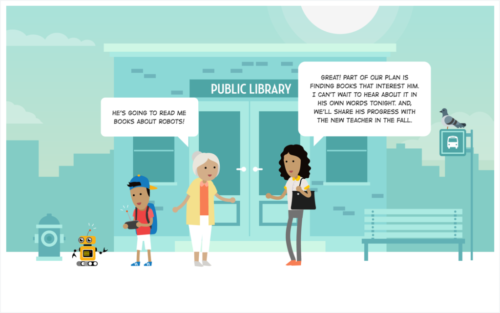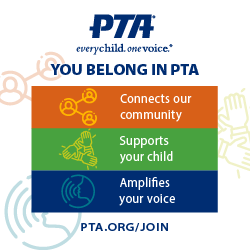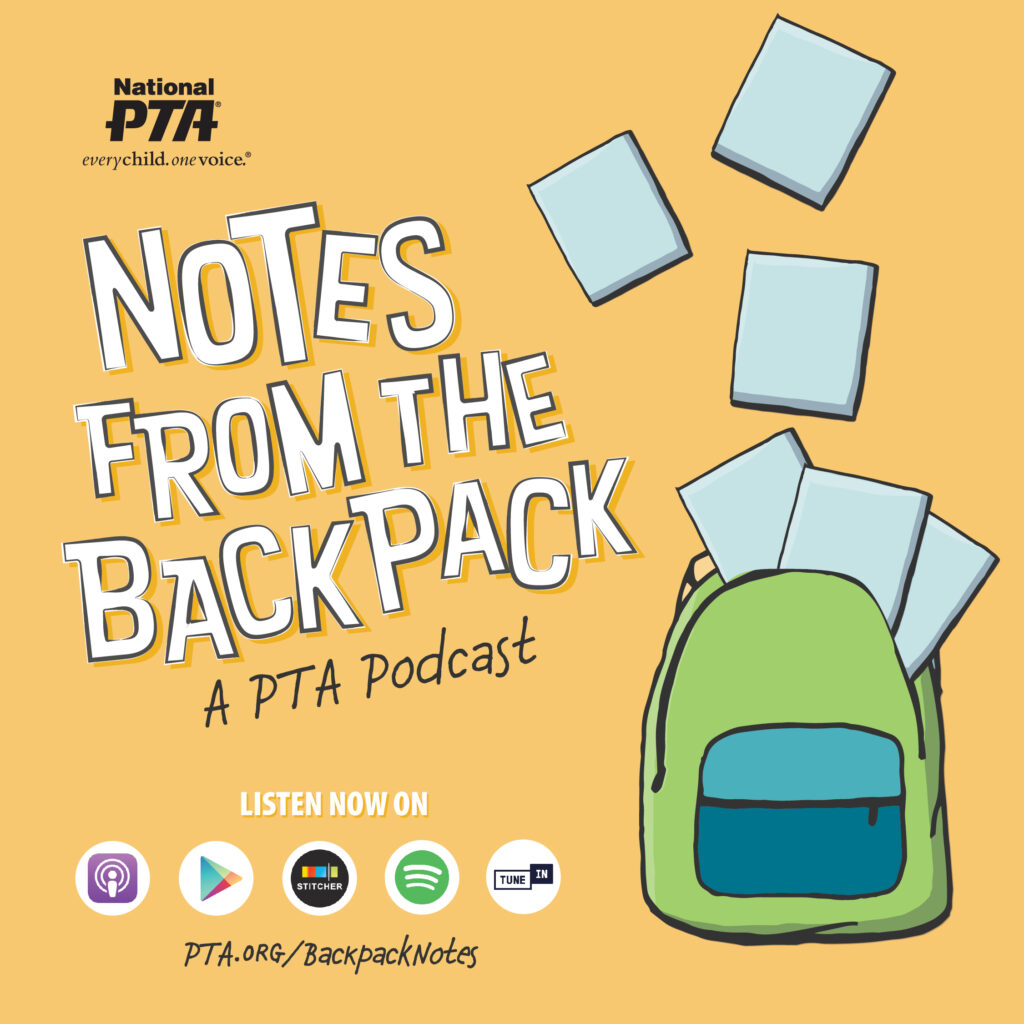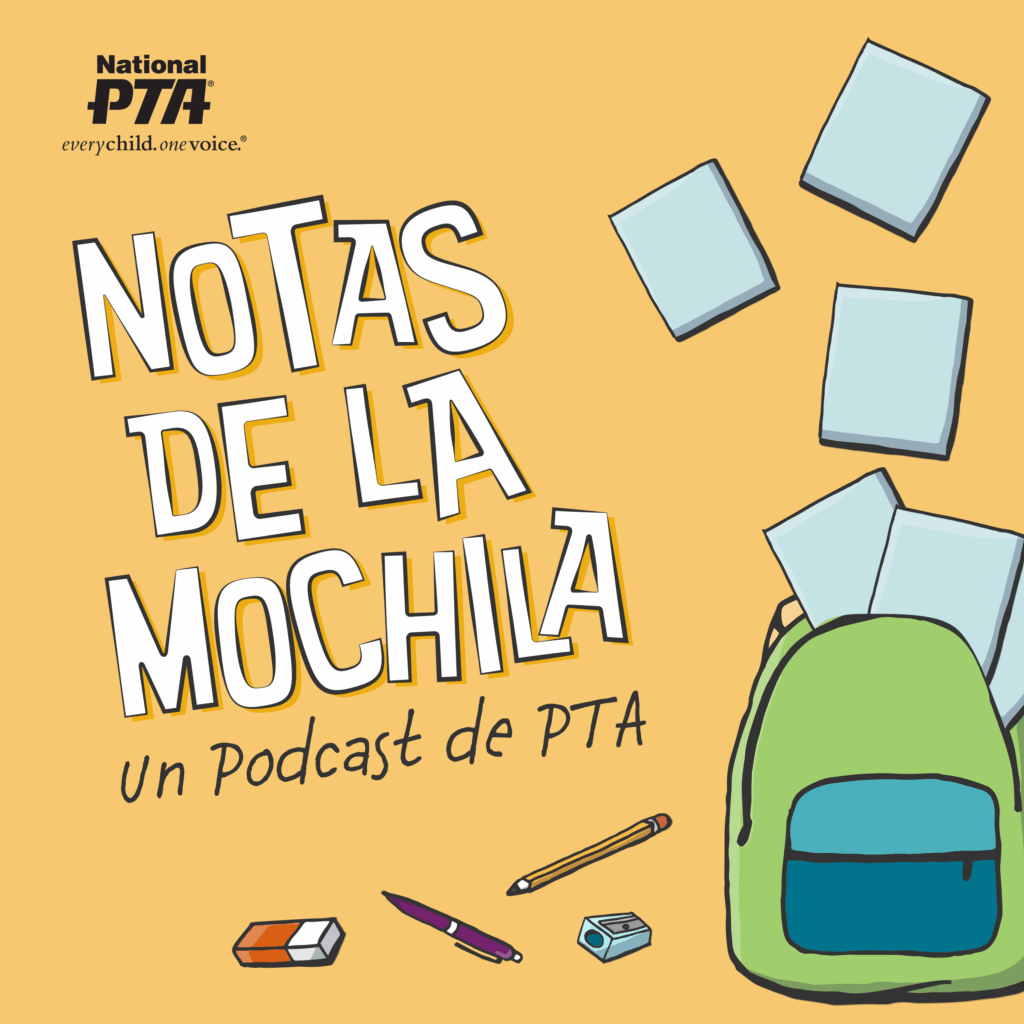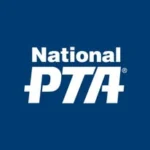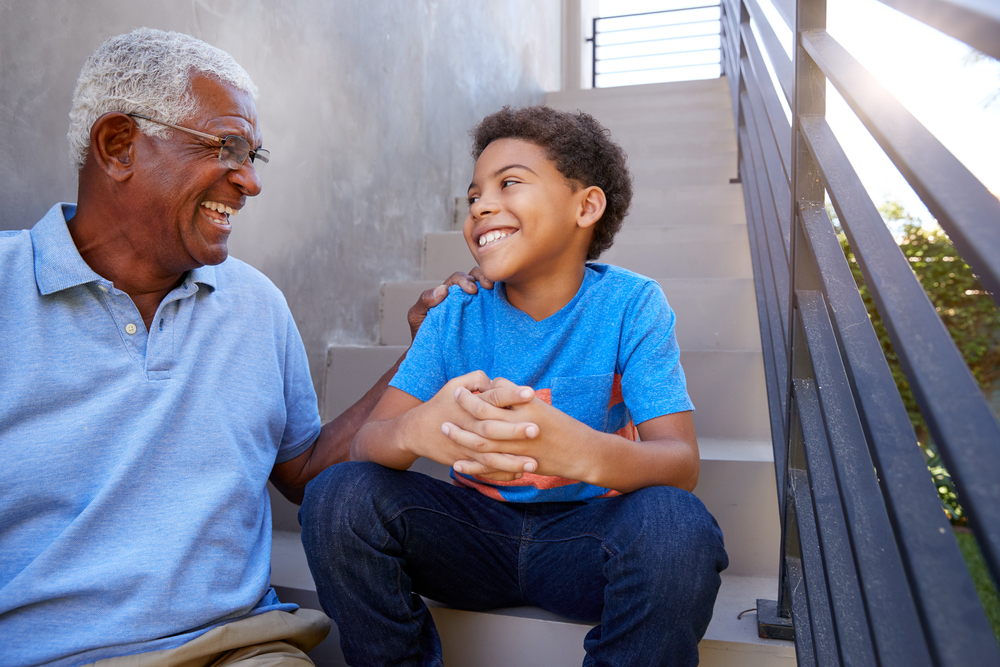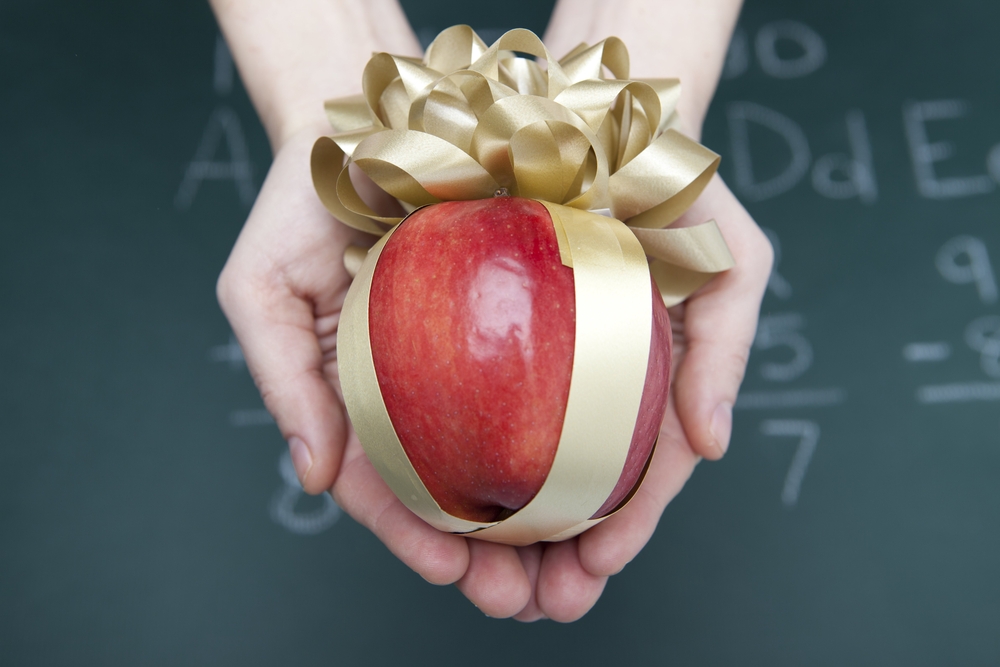Summertime means longer days and warmer weather, making it the perfect time for learning fun! It’s also a great time to make a plan that gets your child ready for the next grade level.
5 tips to help your child stride forward
- Know before you go! Before school lets out, ask the teacher what your child needs more support with and what you can do at home to prepare for the next grade. In addition to summer reading lists, ask about your child’s reading level so you can help find the right level books during the summer. It’s also helpful to find more challenging texts to support your child’s vocabulary and comprehension skills.
- Make a simple plan. Look at your child’s grades, pay attention to how easy or hard it is for them to do grade-level activities, and look out for the state test results you’ll receive this summer or early fall. By having the big picture, you’ll be able to better partner with your child’s new teacher.
- Promote real-world skills. Encourage life-skills that help your child in and out of the classroom. Show your child how to problem-solve, learn from mistakes, and how to communicate effectively with others, especially in tough situations.
- Let them show what they know! Summer is about having fun and exploring your child’s interests. As your child reads, plays an educational app, or during everyday moments at home, ask them to teach what they’ve learned and what they enjoyed or didn’t. This will help them review important skills and help build their confidence!
- Find the fun (and free) in your community. There are places and spaces to learn all around you. Check out recreation or library programs that have academic support and activities for children. Visit a zoo or museum to explore new interests. Plan a day trip—find a nearby park or historical place you’ve never been to and talk about what you want to learn during your visit.
Avoid the Summer Slide
Every summer, children can lose two to three months of progress in reading and math skills. This is what’s known as the ‘summer slide’—when kids fall behind in school over the summer break. By 5th grade, summer learning loss can add up to two to three years.
Unfortunately, summer learning loss during elementary school accounts for two-thirds of the achievement gap in reading between low-income children and their middle-income peers by ninth grade.
You are the expert on your child and have the opportunity to make learning fun and meaningful during the summer months. Fun learning activities can help prevent summer slide and set your child up for success in the new school year.
Visit BeALearningHero.org for a simple three-step plan to set your child up for success in school. There you will find free and easy-to-use resources, learning tools and more.
Also, celebrate National Summer Learning Day on July 12 with the hashtag #KeepKidsLearning. On this day, you can also join thousands across the country in a national read-aloud of the award-winning book, Trombone Shorty, the true story of a boy in New Orleans who follows his passion to become a professional musician.
Check out your local libraries and museums as well as parks and recreation centers for summer learning fun and family discounts.
David Park is senior vice president of strategy and communications at Learning Heroes, a nonprofit that partners with some of the most trusted education and parent organizations to connect parents to tools and resources to support their children in and out of school.
Laura Johnson is vice president for communications at the National Summer Learning Association (NSLA). NSLA focuses exclusively on closing the achievement gap by increasing access to high-quality summer learning opportunities.

